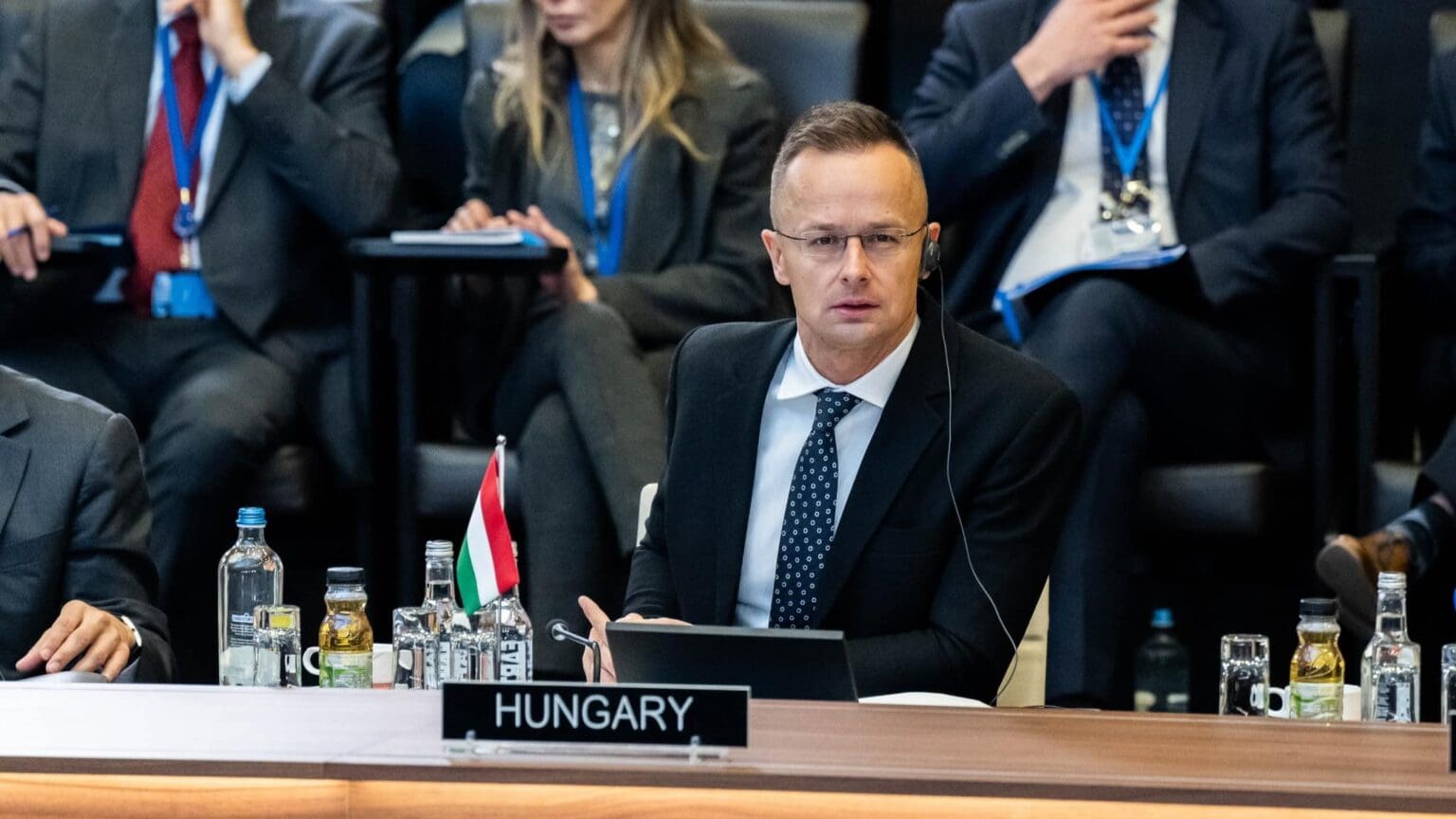
The Hungarian foreign minister reminded that the rights of Transcarpathian Hungarians have been systematically curtailed in Ukraine since 2015, and the most recent example of this is that minority schools have become impossible to operate since September this year.
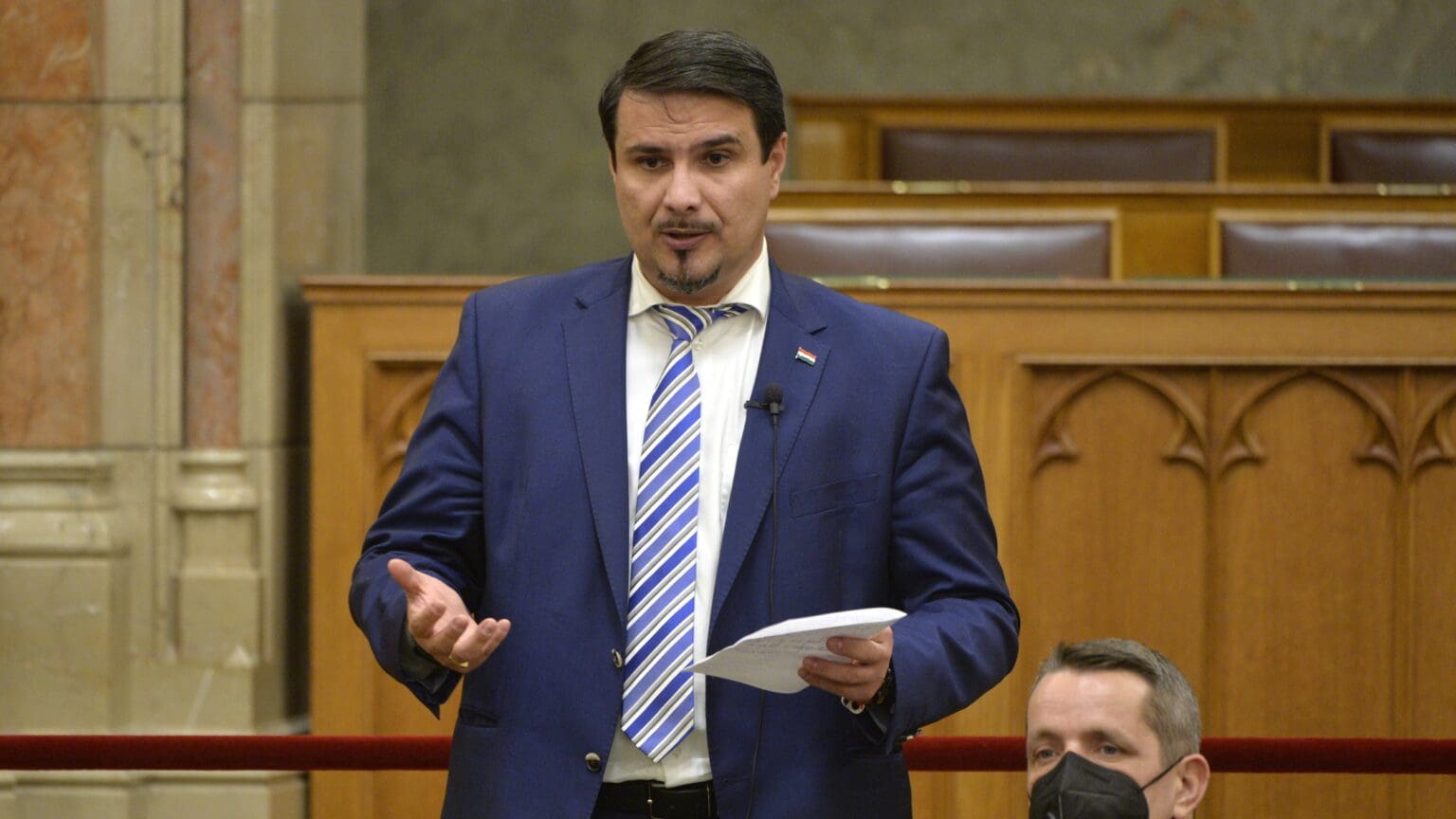
MSZP’s poor performance in the 2022 elections has led to a wave of resignations and internal conflict. Many within the party have called for a change in leadership and a new direction for the party.
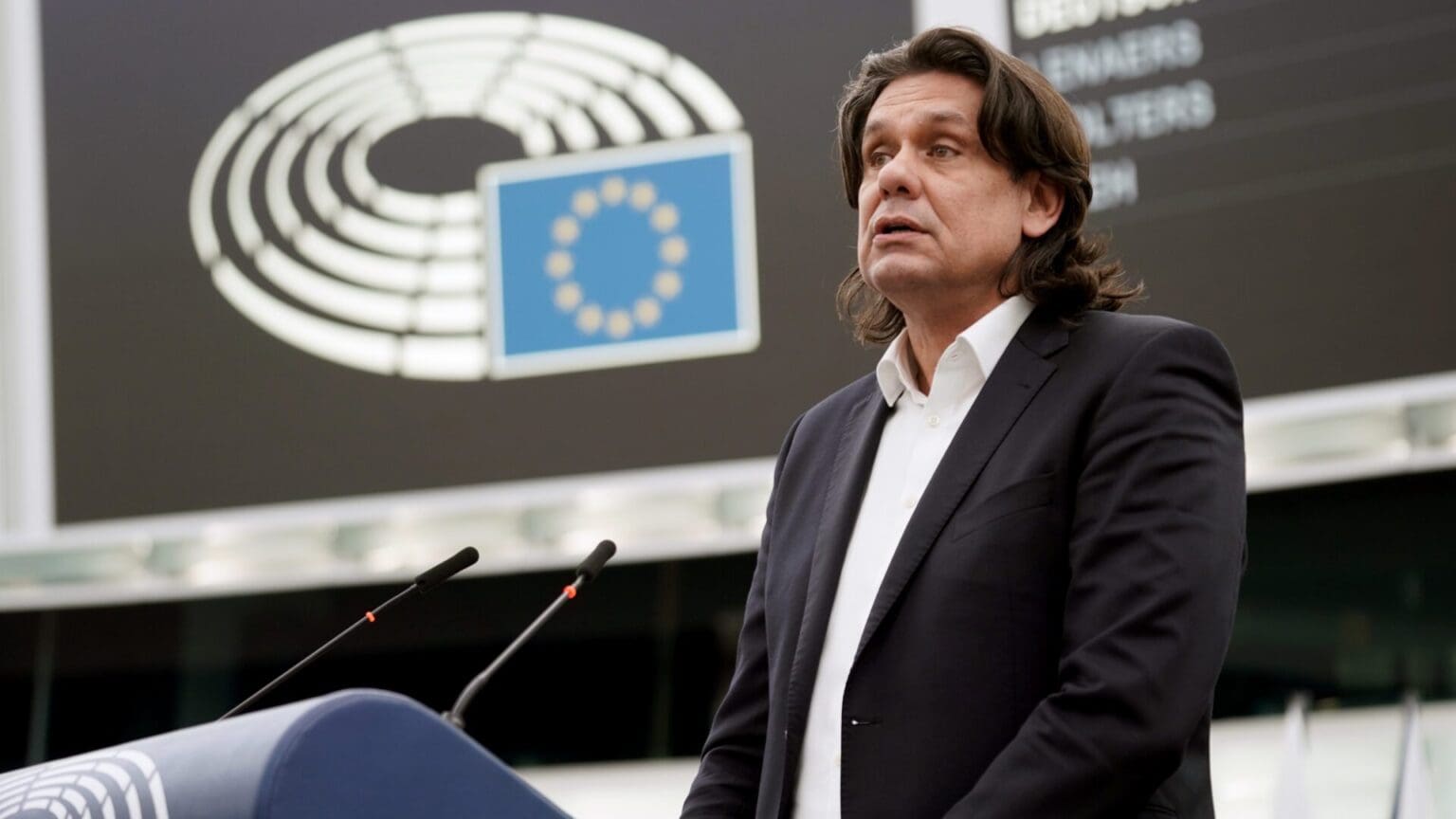
The MEP reacted to Ferenc Gyurcsány’s statements made in a radio interview. Deutsch declared that the Democratic Coalition President had publicly admitted that as opposed to his and the European Commission’s claim that there were legal problems between Hungary and the European Union, or that the European Union development funds owed to Hungary had been withheld due to legal issues for years, was a lie.
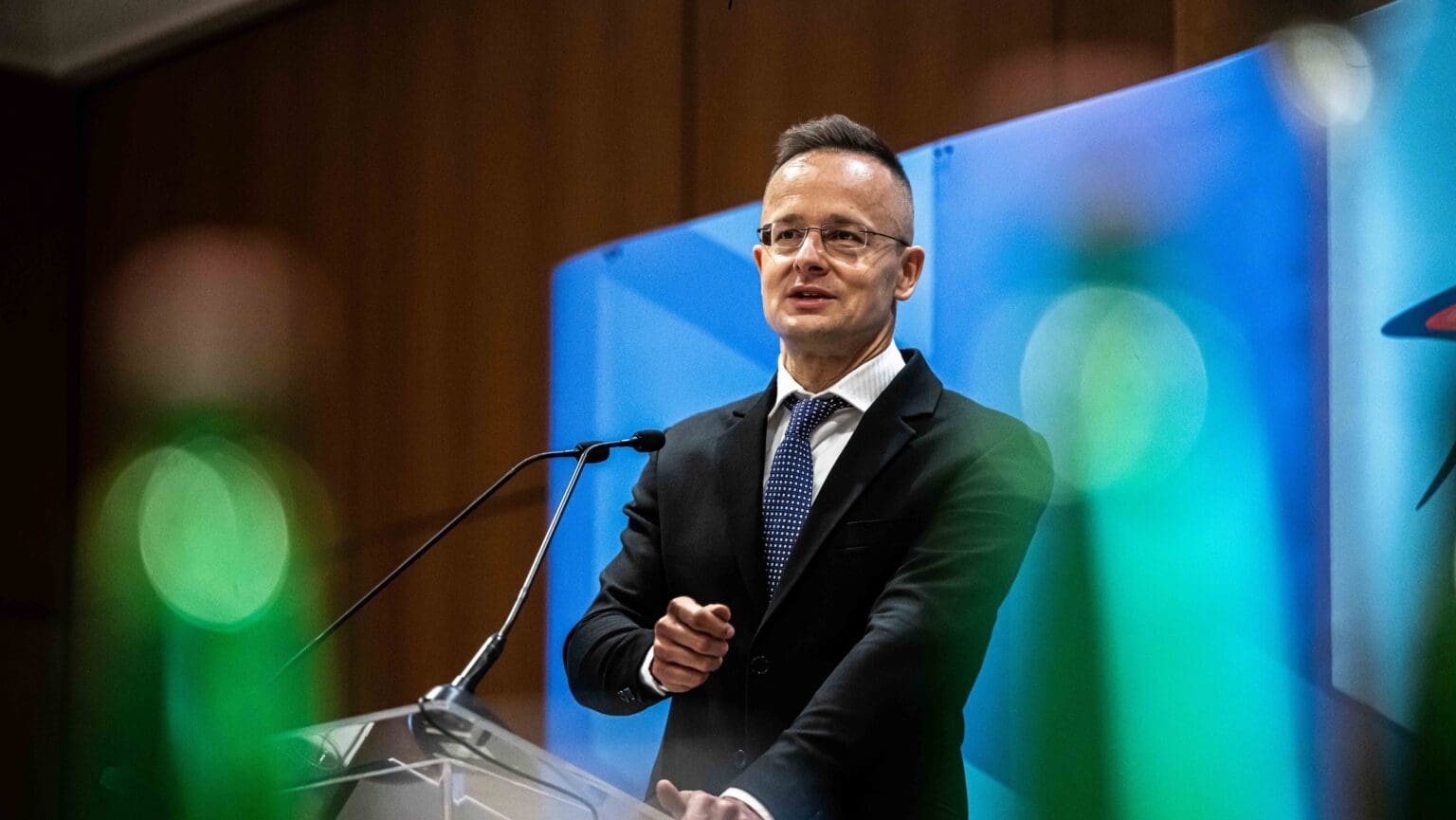
Last year, the US terminated the 1979 double taxation avoidance agreement with Hungary. According to Szijjártó, the USG took this step in response to the Hungarian government not giving its consent to the introduction of the global minimum tax.

Not only has the left-wing camp become more fragmented due to Péter Márki-Zay’s movement becoming an independent party, and the former leader of Jobbik founding a new movement, but it has also shrunk in terms of popular support.
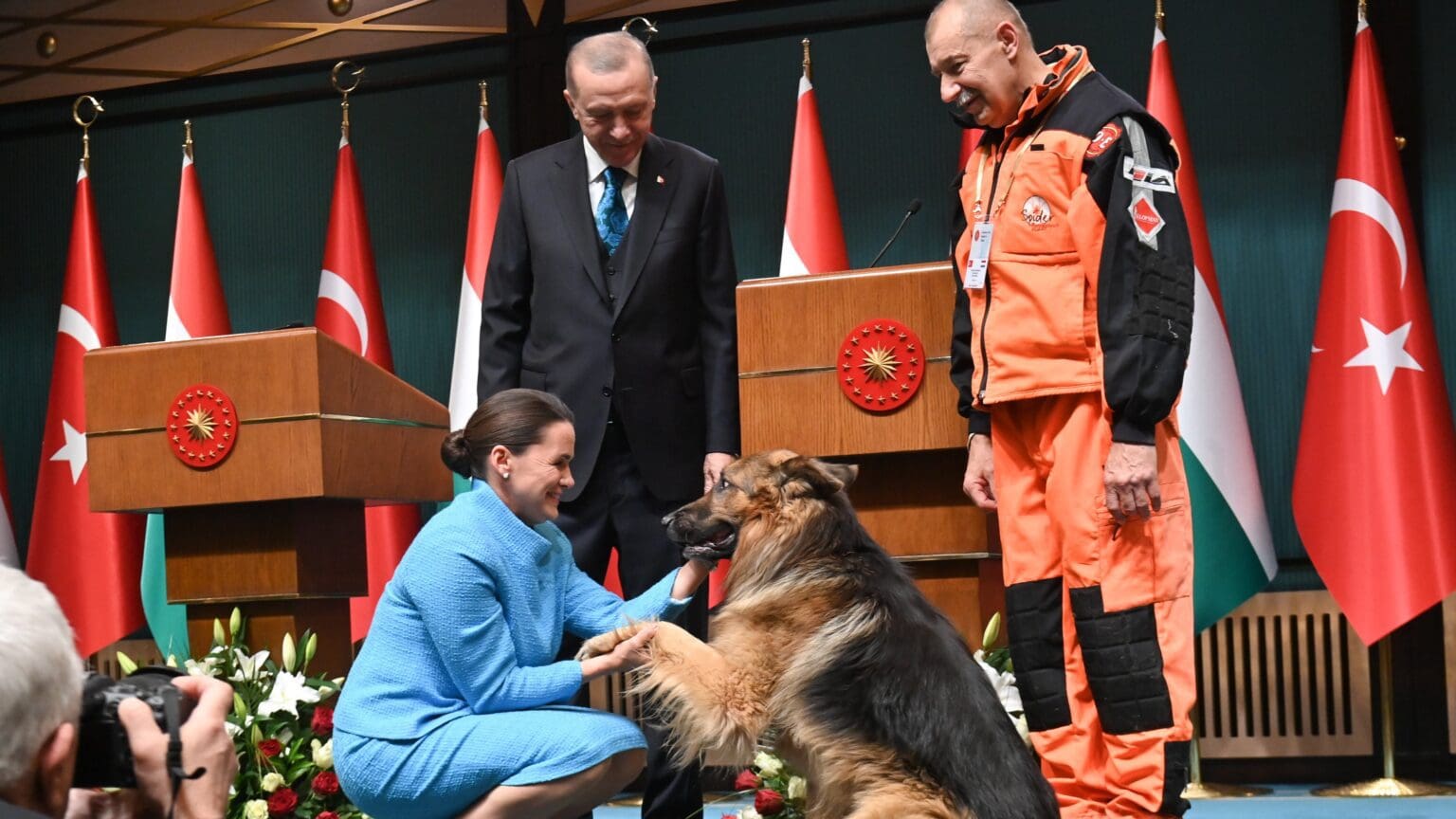
Hungarians will continue to provide assistance to Turkish people affected by the recent earthquake, Katalin Novák, President of Hungary said at a joint press conference held in Ankara on Wednesday with Recep Tayyip Erdogan, President of Turkey, following their meeting.

According to recent polls, the Finns Party is predicted to win the most seats in the upcoming election, potentially leading to the formation of a nationalist right-wing government for the first time in Finland.
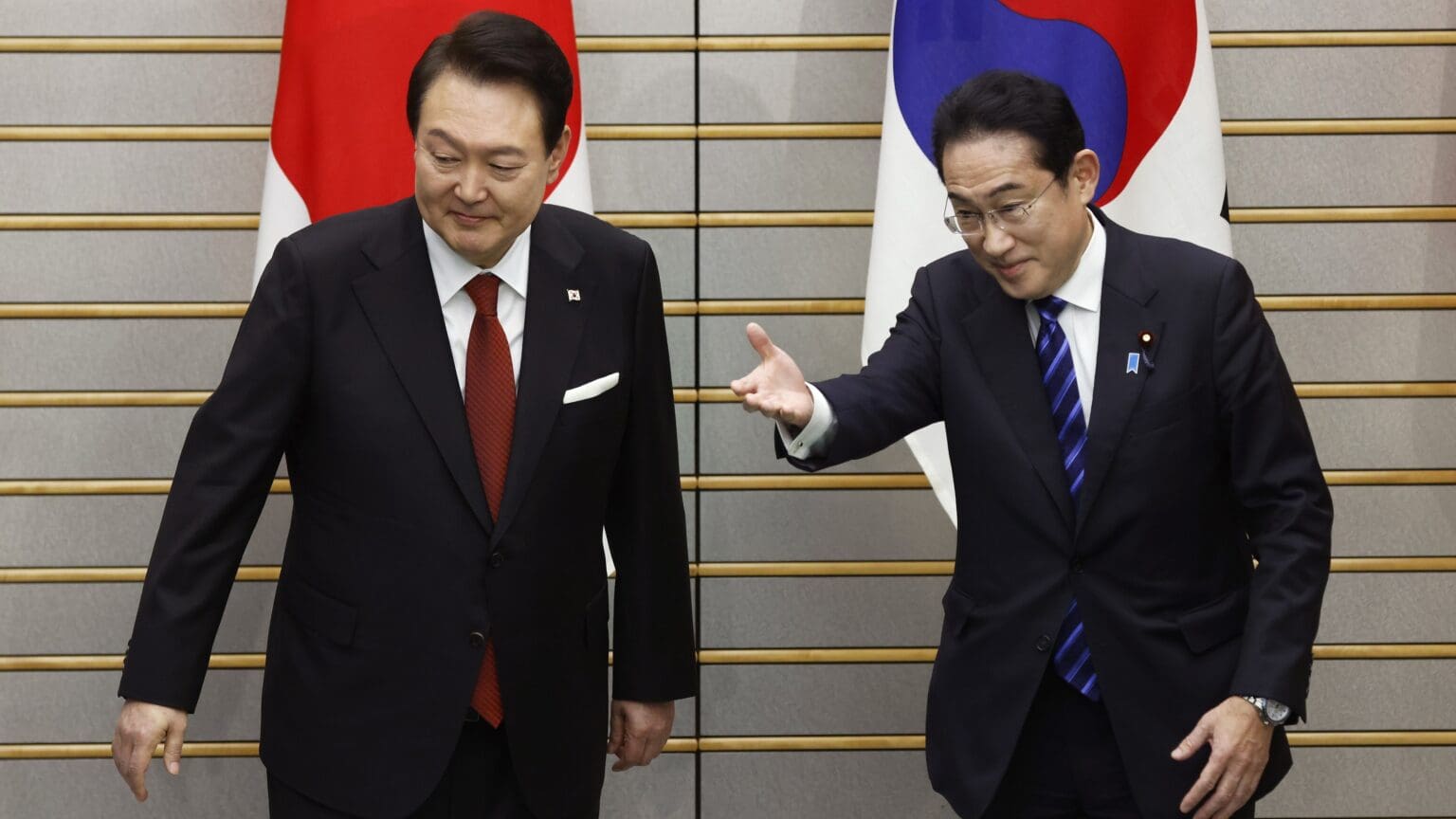
The Japan-Korea reconciliation is good news for both countries, the USA and the free world, and bad news for China, whose aggressive and threatening behaviour and wolf warrior diplomacy helped catalyse the process. Strengthening the trilateral security and military cooperation between the USA, Japan and Korea is definitely not something Beijing wanted to achieve with its aggressive posture. What we can expect from Beijing is now to try to drive a wedge between the newly found friends.
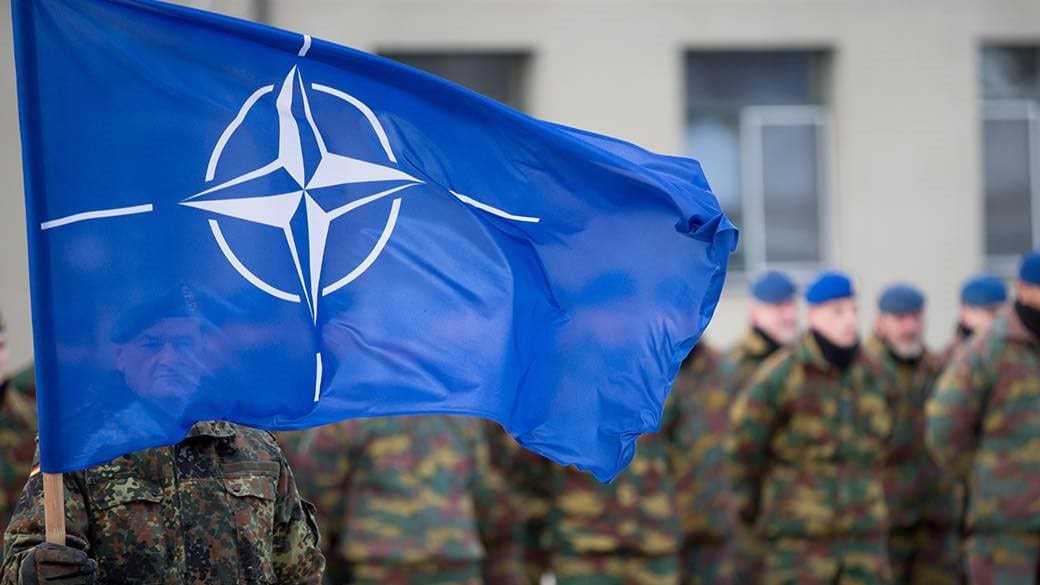
Máté Kocsis wrote on Facebook: ‘Hungary is a committed member of NATO and the European Union, so we will do everything in our power to promote and maintain peace, and the Finnish people can count on us in this regard. We Hungarians have a special historical friendship with Finland, our allies.’

The name change may be a desperate attempt to lure away the few voters LMP, Hungary’s only professedly green party, still has, as polls regularly measure close to zero support for the party in the entire population, with Nézőpont having recorded a support of one per cent in February.
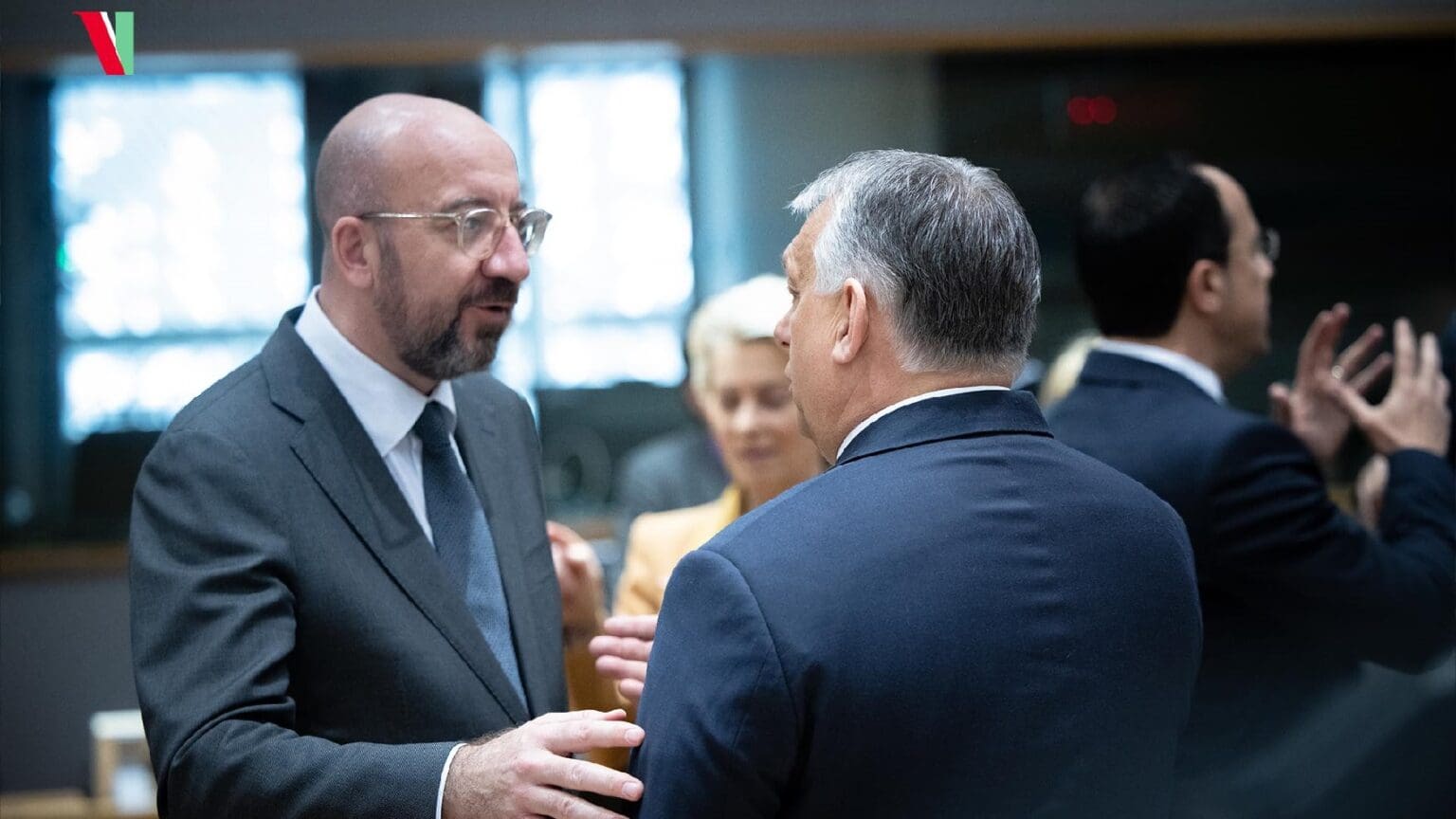
Prime Minister Viktor Orbán emphasised that Budapest and Warsaw will join forces to protect the agricultural workers of Central Europe from the negative effects of ‘grain dumps’ coming from Ukraine.
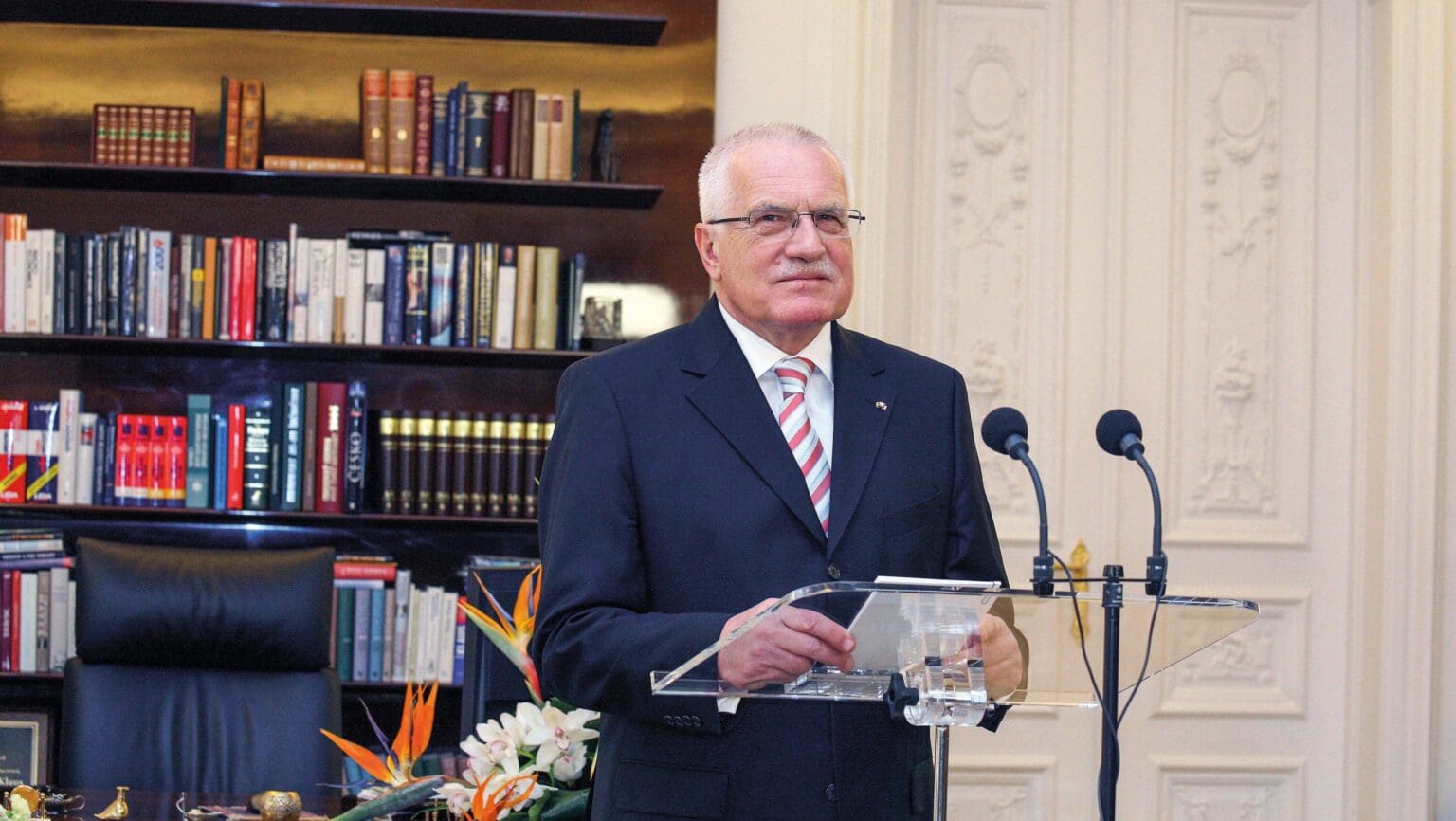
As regards so-called ‘globalization’, it is becoming evident that—due to technological and supply chains complexities—it is reaching its natural limits. We should, therefore, pay more attention to the rationality of domestic policies.
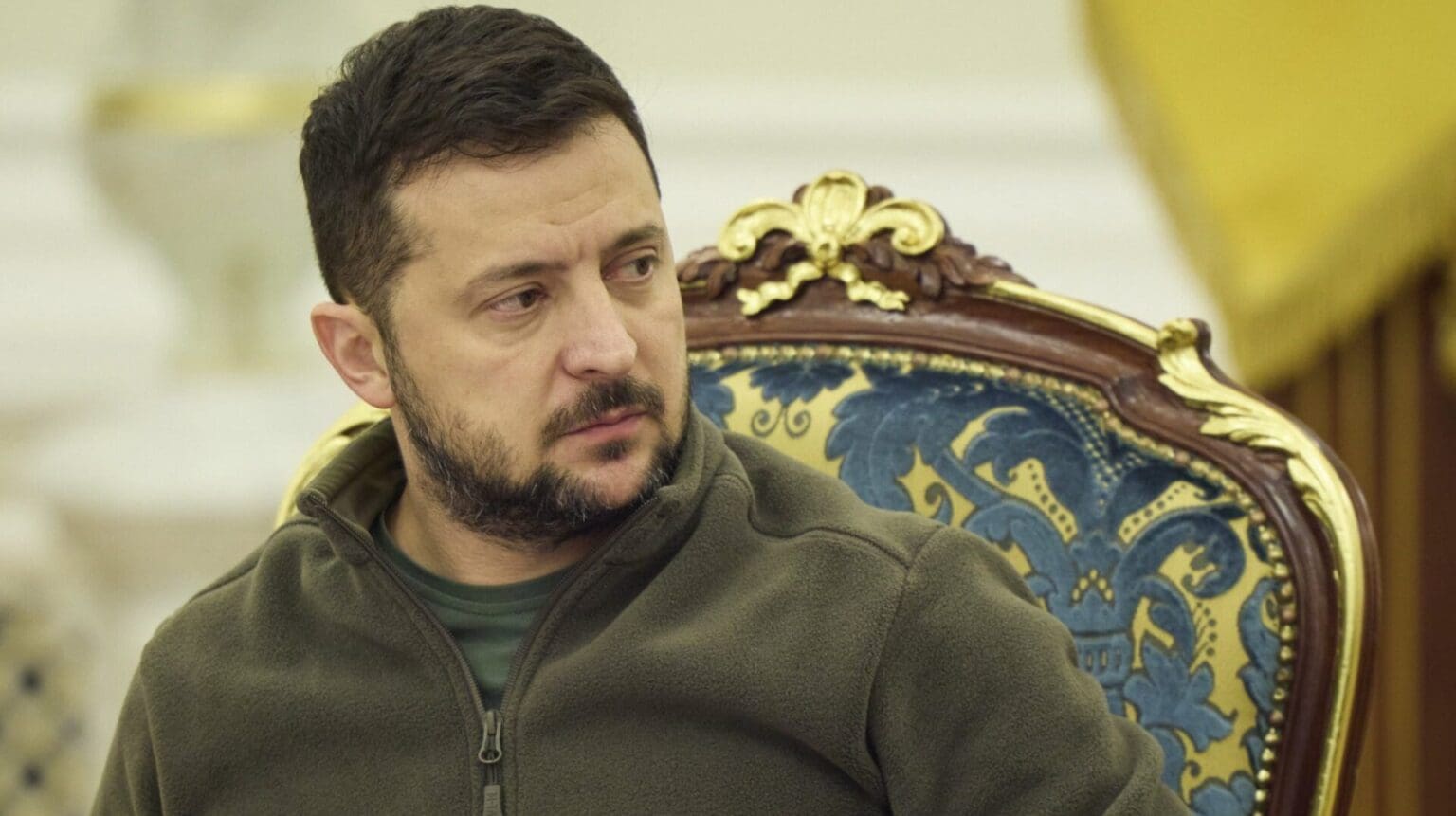
Ukraine has proven to be quite willing to turn a blind eye to the transgressions of China for very pragmatic reasons. It seems practical stances in foreign policy are allowed after all, until some powerful figures in politics and media choose to stir up some selective outrage.
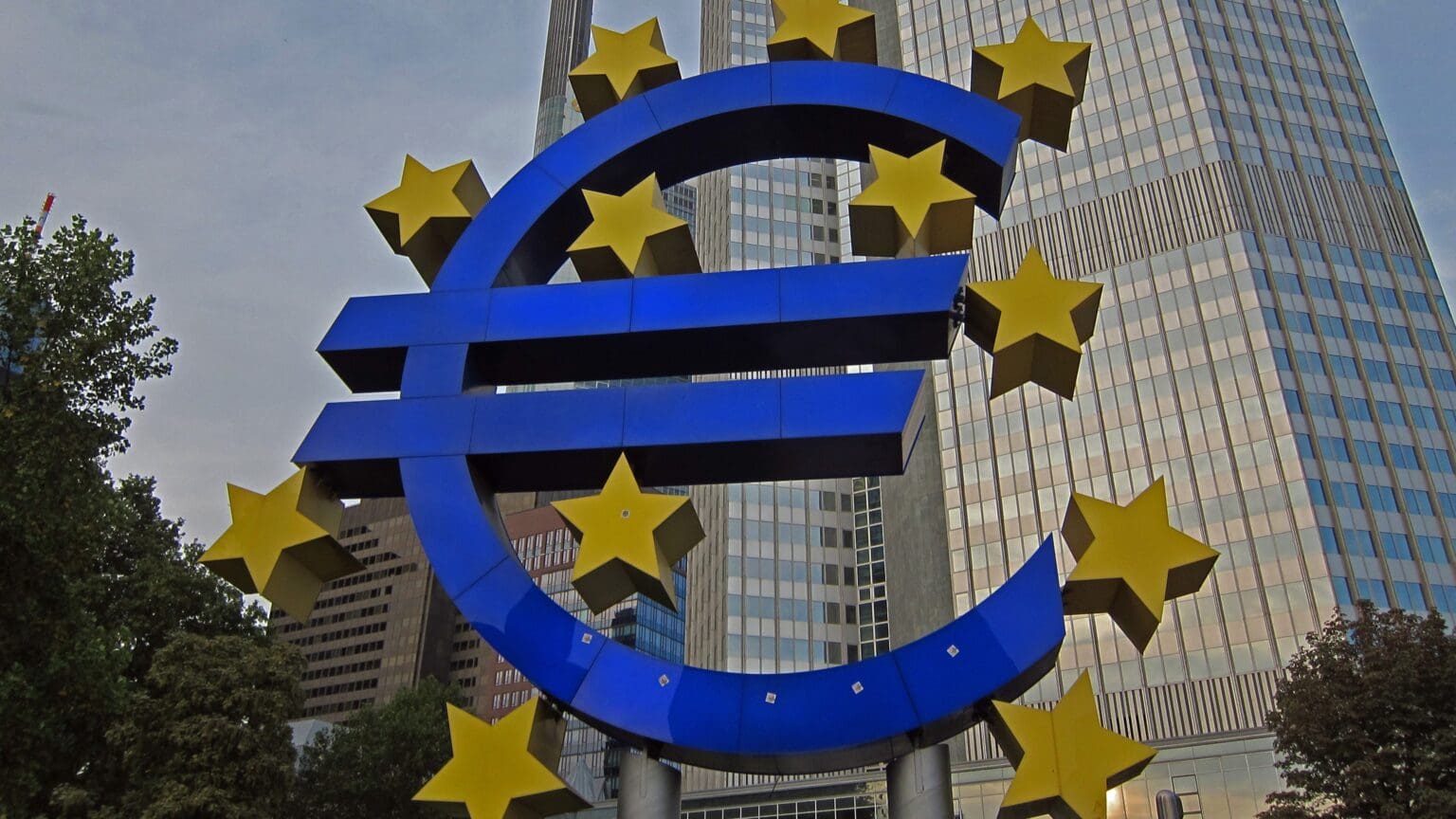
There is a slowdown in global growth. The economies of a once highly globalized world are drifting apart. The EMU economy is being hit particularly hard. The recession is coming and, according to projections, the EMU will soon enter stagflation, the worst of economic states.

In accordance with the established practice, special rapporteurs submit annually their thematic report on the events and experiences of the previous period. On 6 March, UN Special Rapporteur on Minority Issues Fernand de Varennes published the Proposal for a Draft Global Convention on the Rights of Minorities attached to his annual thematic report.

An Israeli expert, who requested anonymity, told Hungarian Conservative that there is no doubt
foreign NGOs involved in the protests are funded not only by private individuals but by European governments, such as Germany, too. But it is impossible to prove that the financing coming from foreign governments is used specifically to support the anti-government protests.
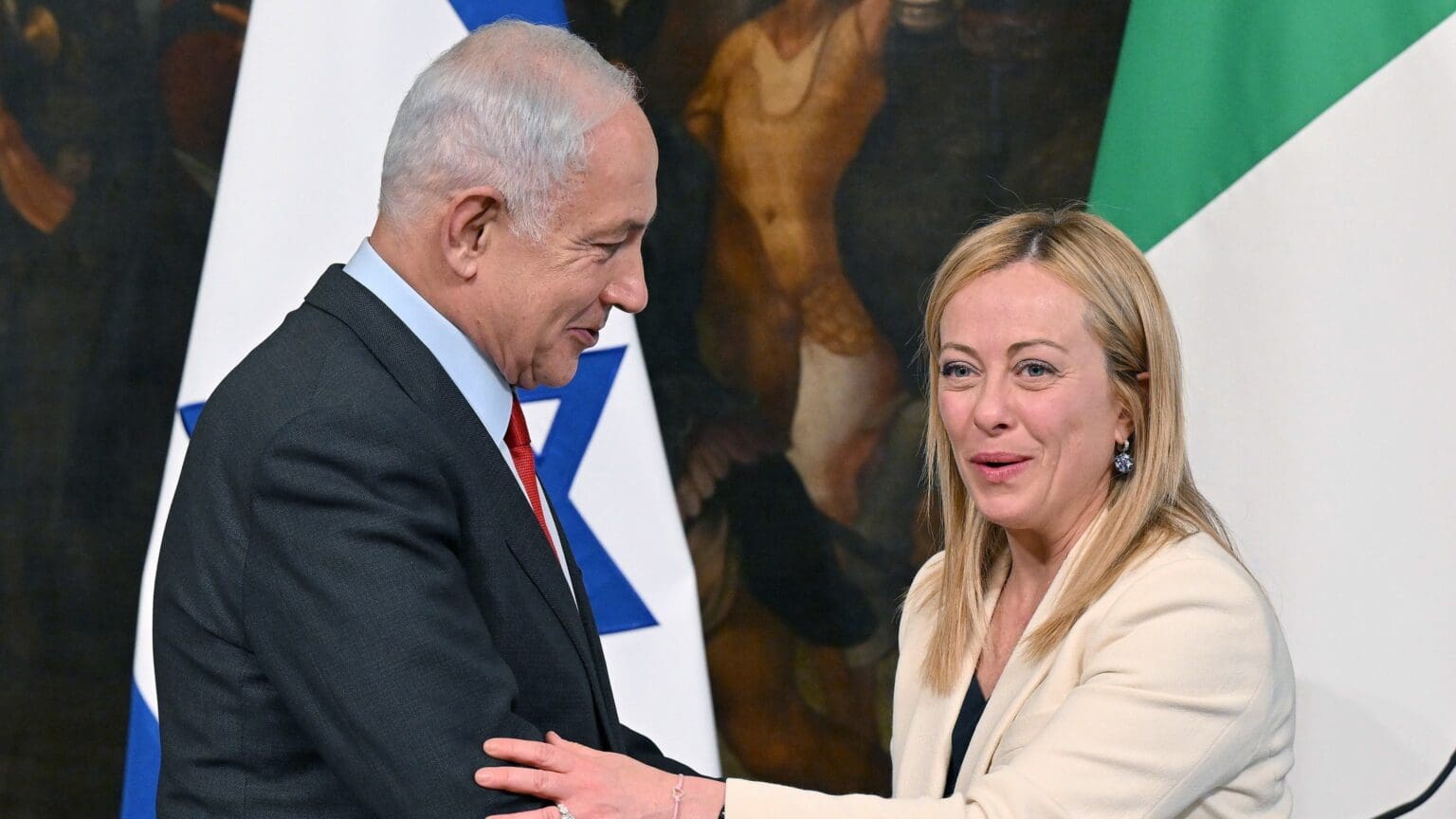
While Europe desperately needs new partners to wean itself off Russian gas, by becoming an energy exporter, Israel could reduce its isolation and thaw its icy relations with the EU—something that is even more valuable than export revenues for Jerusalem.
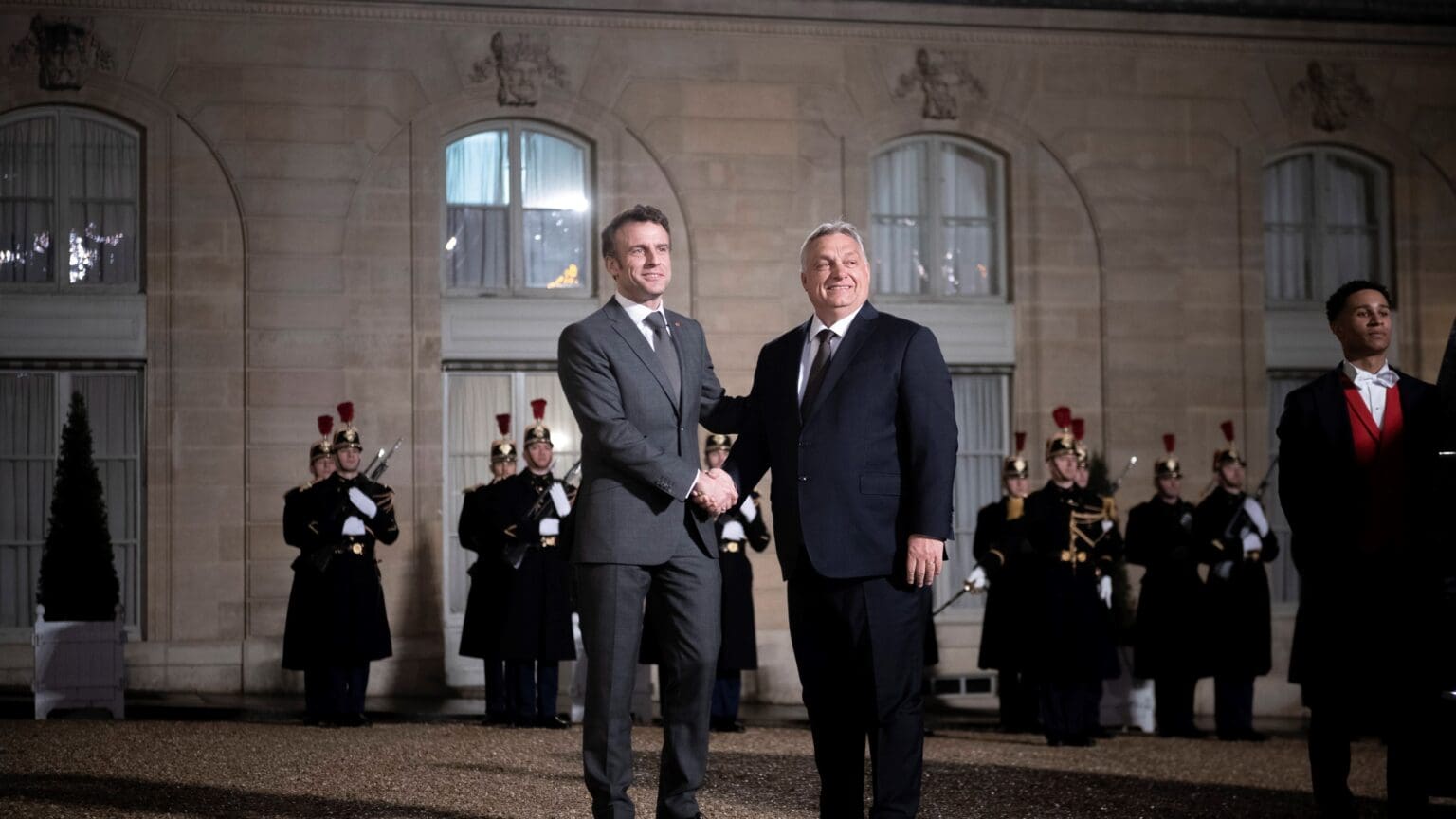
Last week’s invitation of the French President shows that despite Hungary having disputes with the European Union and the EU funds due to our country are being withheld, the Hungarian Prime Minister is not at all an isolated actor in European political life.
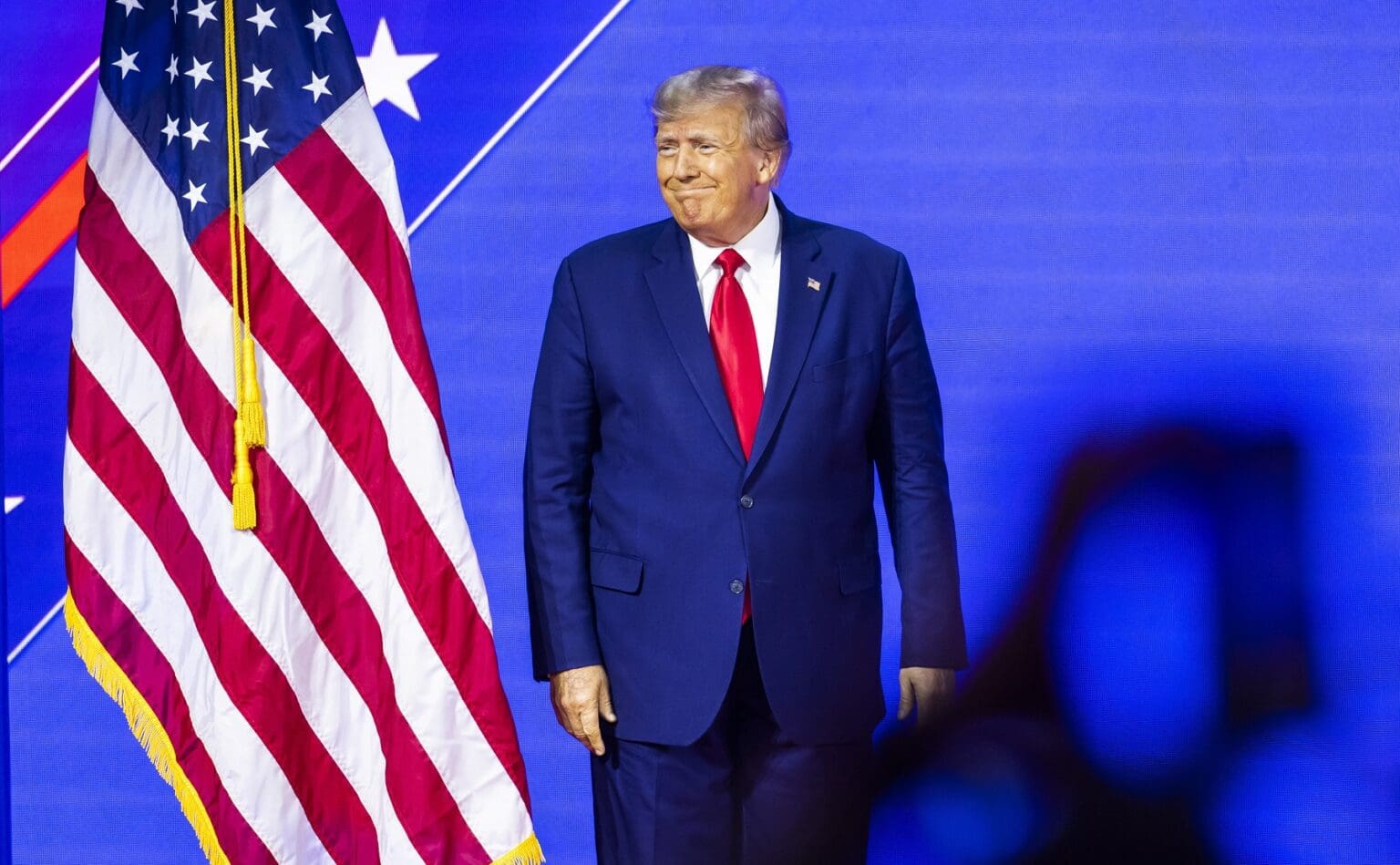
Two major pieces of news broke in the last couple of days involving Former US President Donald Trump. On Friday, he posted to his Facebook and YouTube accounts for the first time after an over two-year-long ban. The next day, however, he took to his own social media site claiming that he would be arrested on Tuesday.
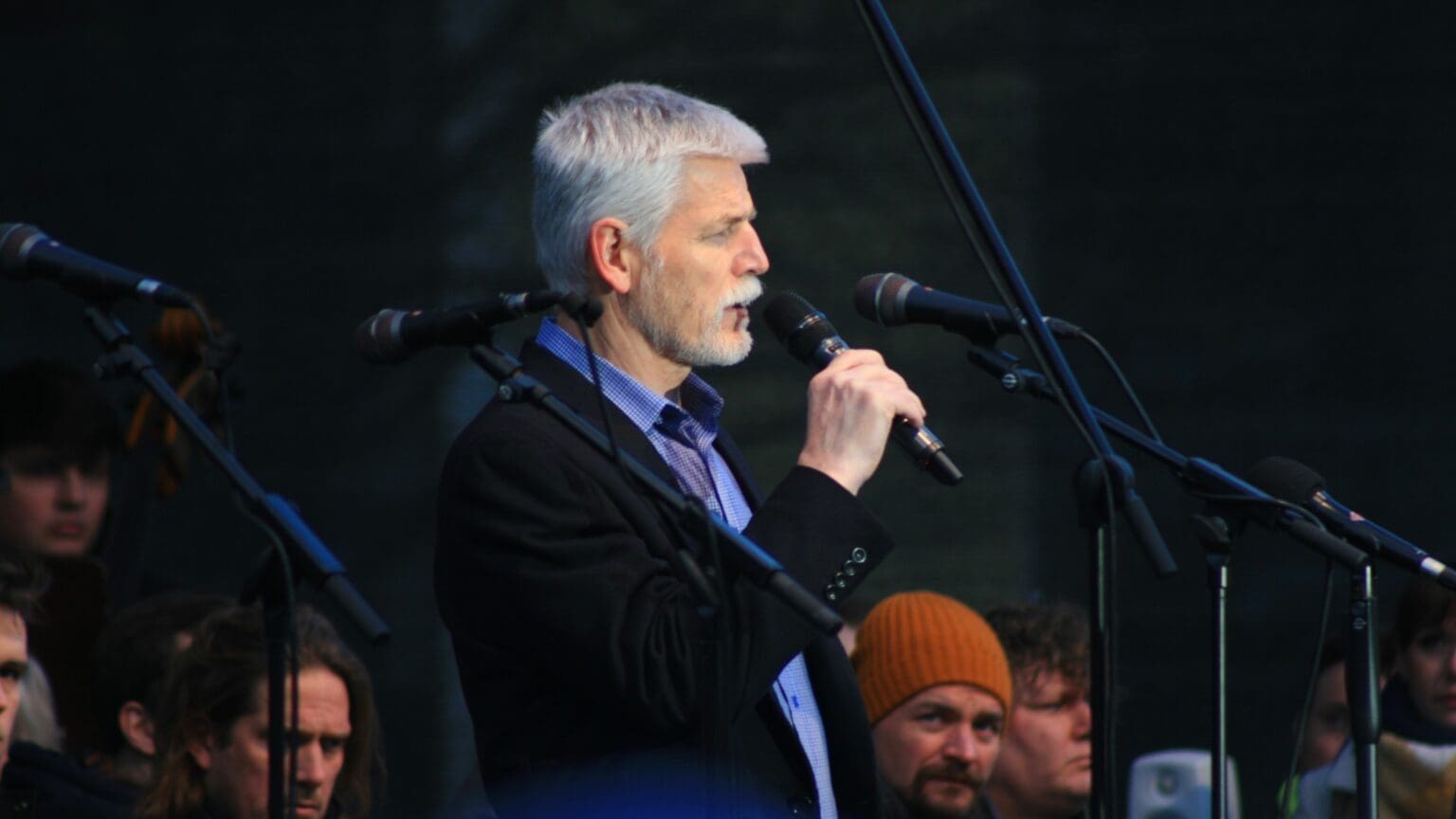
Snubbing Hungary is a telltale sign that Czech President Petr Pavel has issues with the Hungarian government as well as with the V4 cooperation.
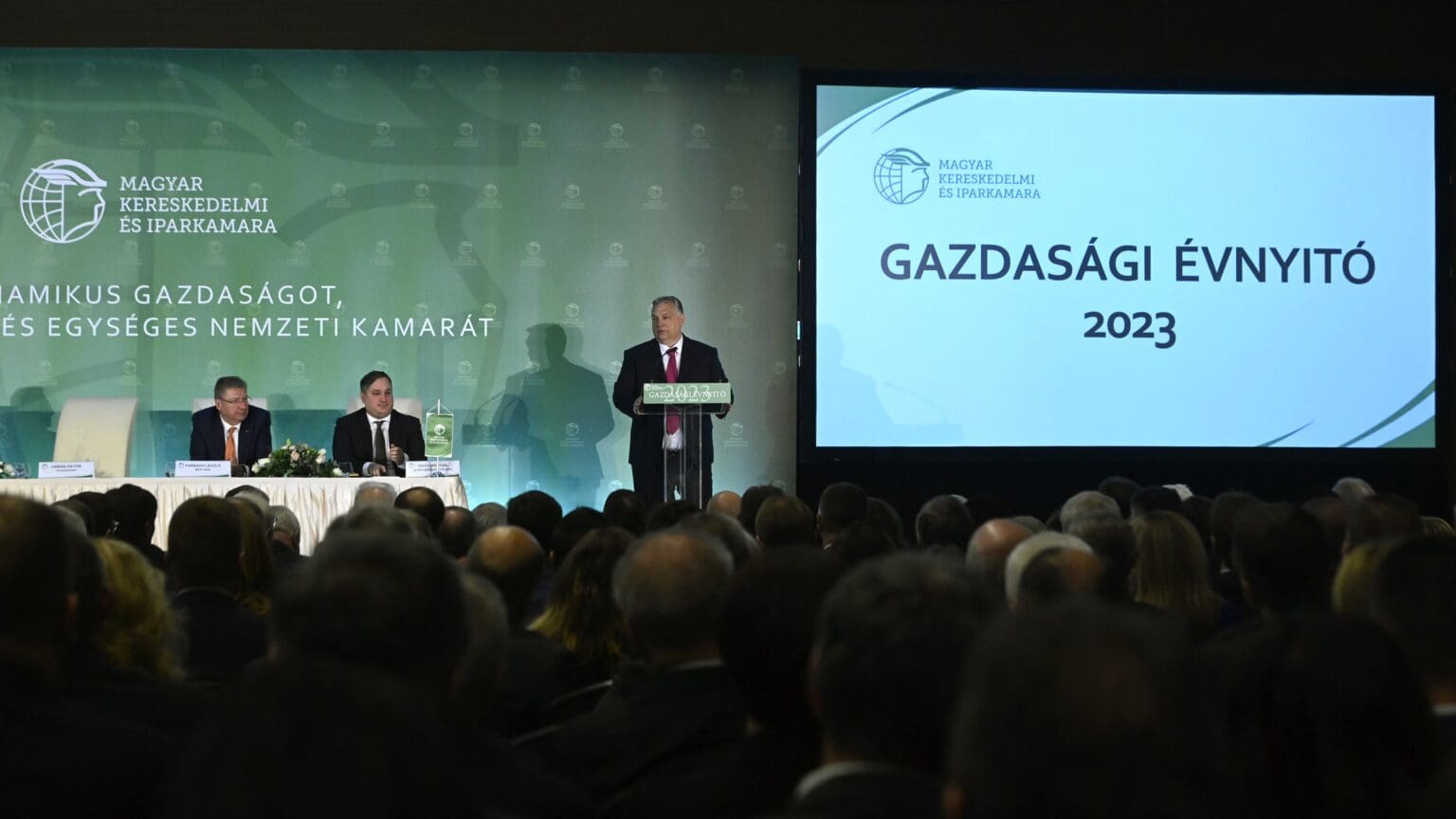
The Prime Minister said that the rebuilding of Russian-European economic relations after the war would be desirable, but it is unlikely to happen any time soon.
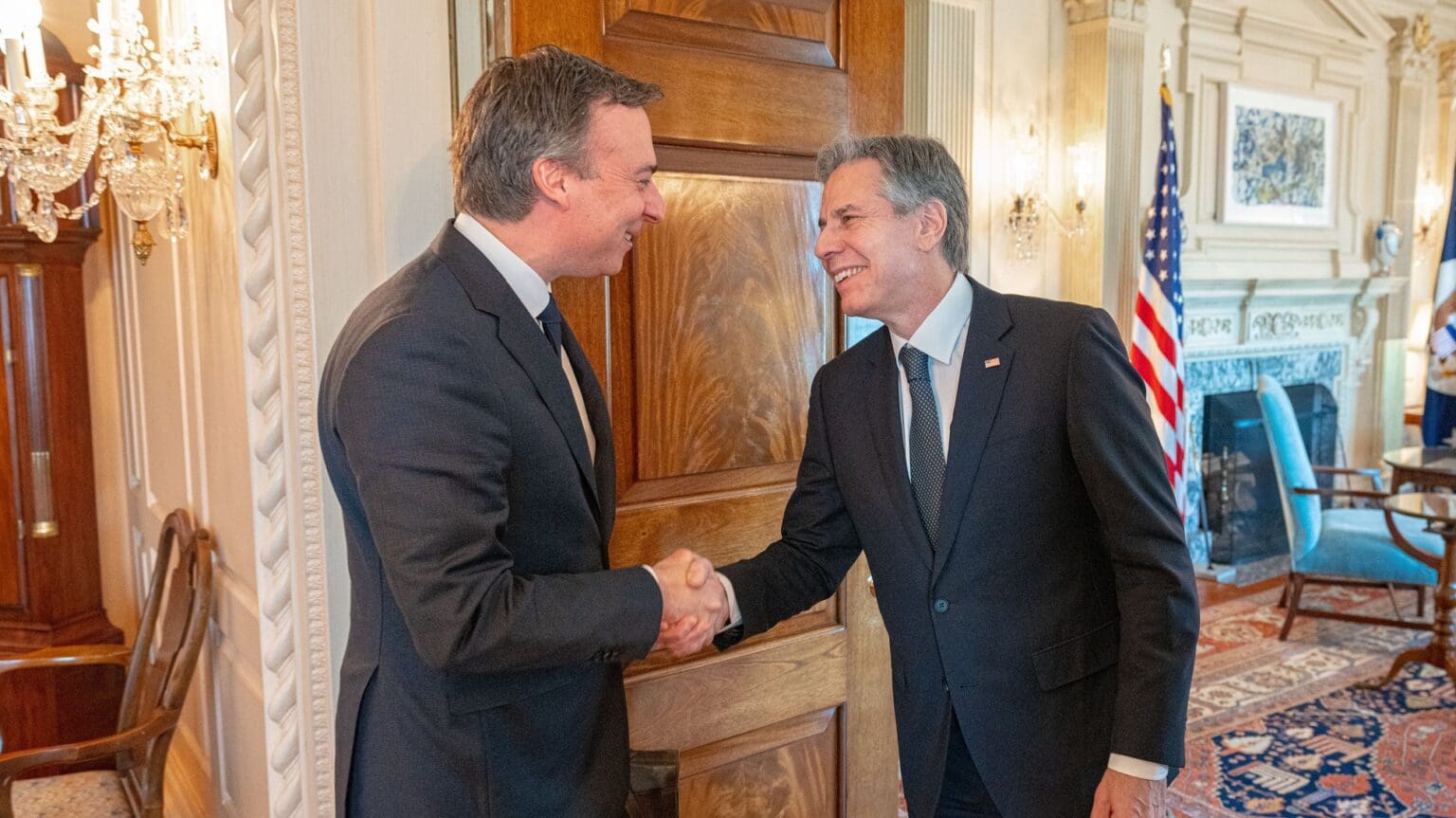
Hungarian leaders have been constantly calling for peace negotiations. By contrast, the US government has been sending tens of billions of dollars in military aid and weapons to Ukraine, with the goal of helping the aggrieved nation against expansionist Russia, but also prolonging the armed conflict in the process.

America went from being a net energy importer to a net energy exporter. Today, US energy sources are more diversified and abundant than ever before.
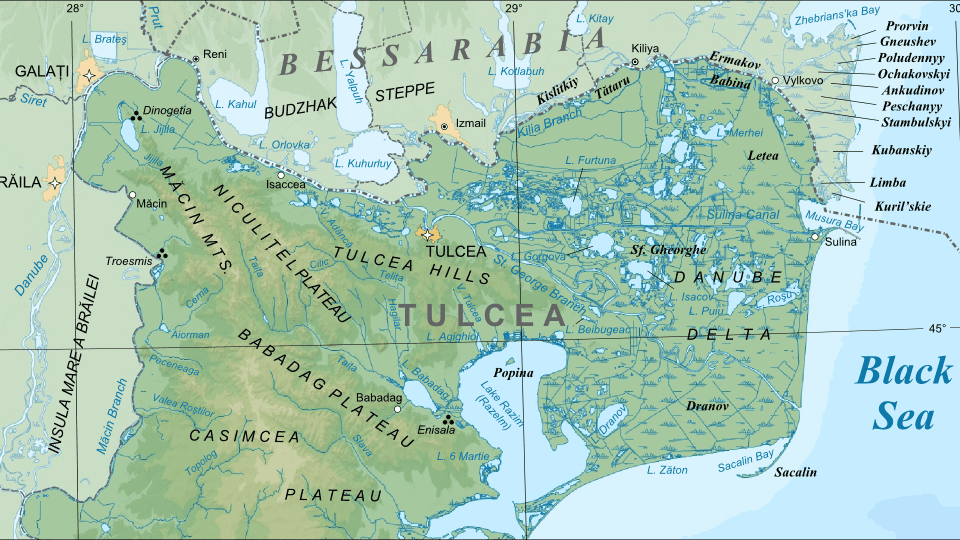
Romania has joined Budapest in criticising some of Kyiv’s policies. Bucharest has raised ecological concerns over Ukraine’s plan to continue to dredge the Danube Delta to increase its volume of trade through the Bystroye Canal.

Ukraine’s hunger for ammunition is almost impossible to meet, while NATO is running low on stocks. Hungary, meanwhile, is strengthening its own military.
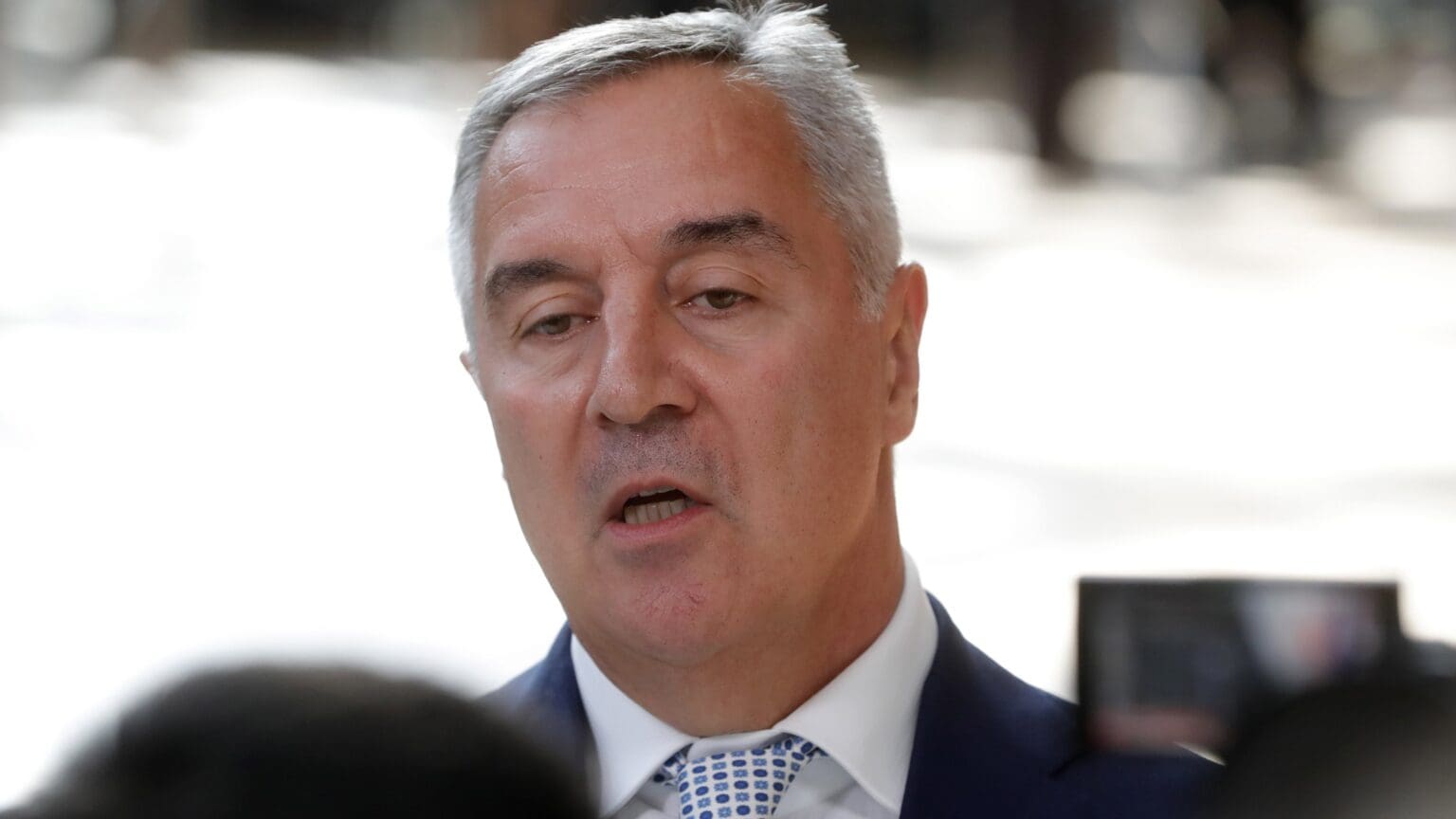
Ahead of the upcoming presidential elections in Montenegro, US Deputy Assistant Secretary Gabriel Escobar has warned of the possibility of Russian interference. A fast-tracked accession to the EU of the Western Balkans countries, which Hungary has been urging for some time, could put an end to Russian influence in the region.
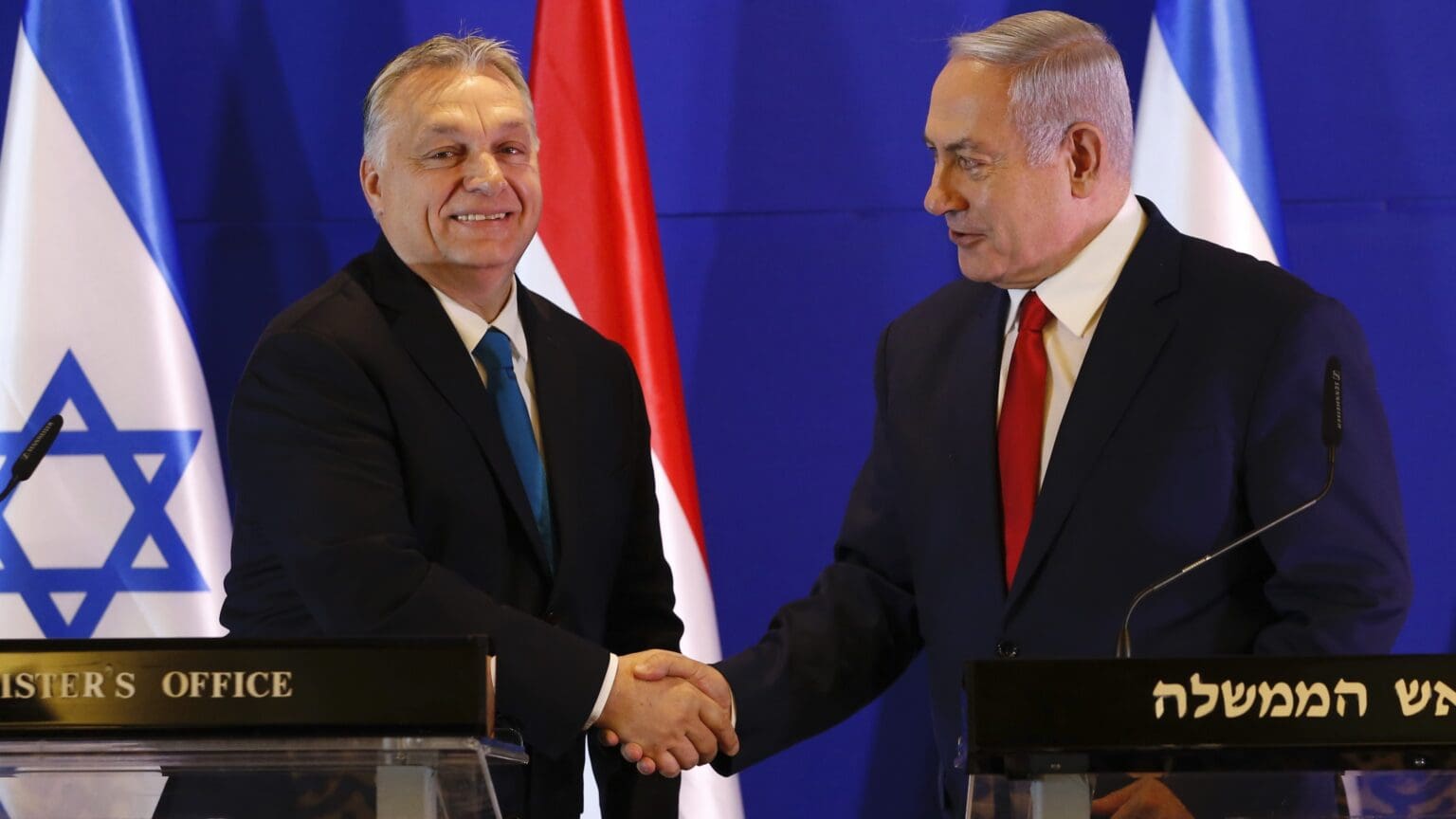
The step would make Hungary the first EU country to move its embassy to Jerusalem, which may set a precedent and other EU countries could follow suit, in the face of disapproval by Brussels.
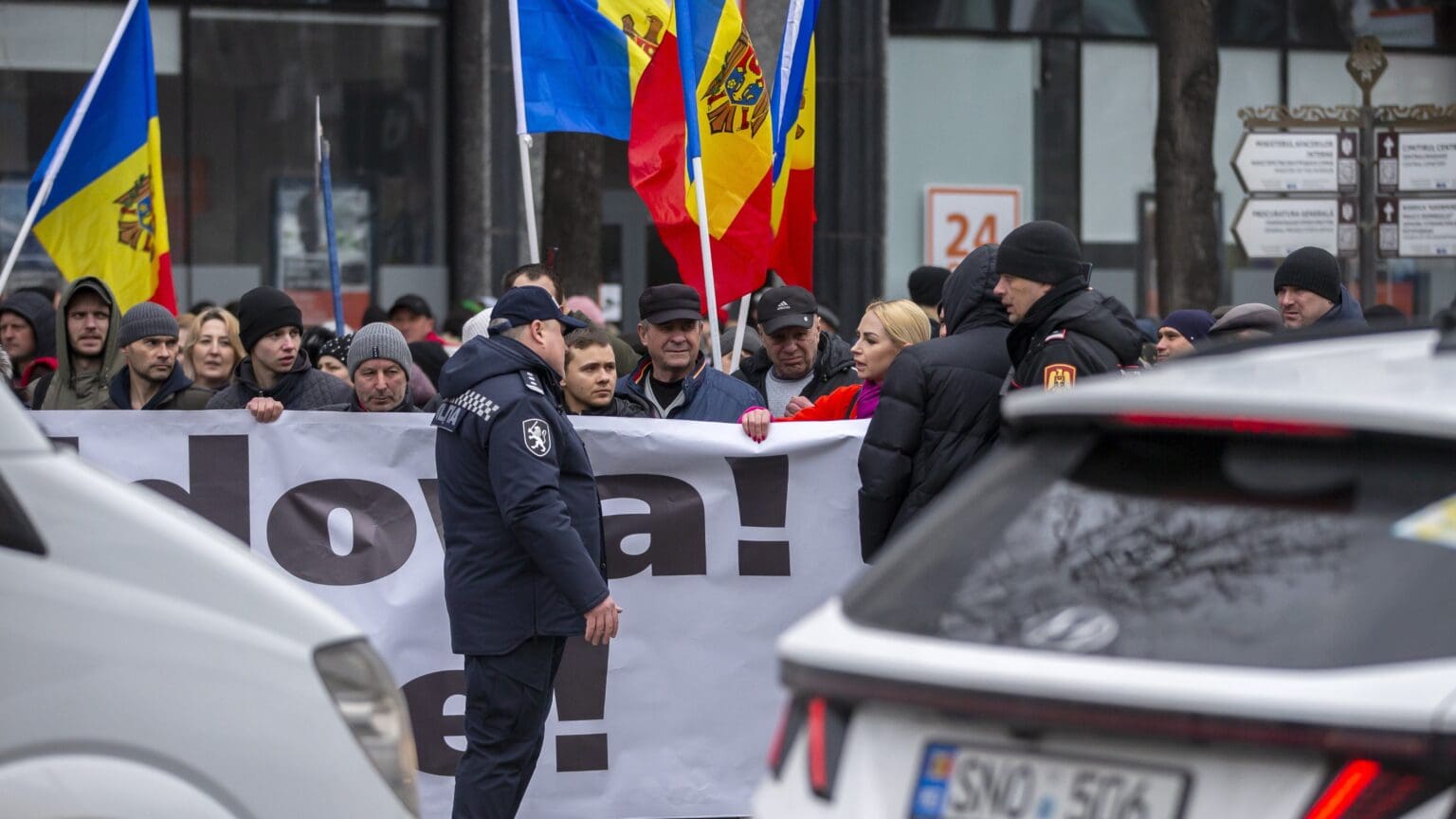
Worries grow about Moldova’s stability as the second wave of pro-Russian protests erupted in Chișinău and Wizz Air temporarily suspended its flights due to repeated violations of Moldova’s airspace by Russian missiles.

The investigation of communist crimes and the bringing of perpetrators to justice may give closure to the families of the victims. Some argue, however, that tearing up old wounds may make it more difficult for post-Communist societies to move past old grievances.
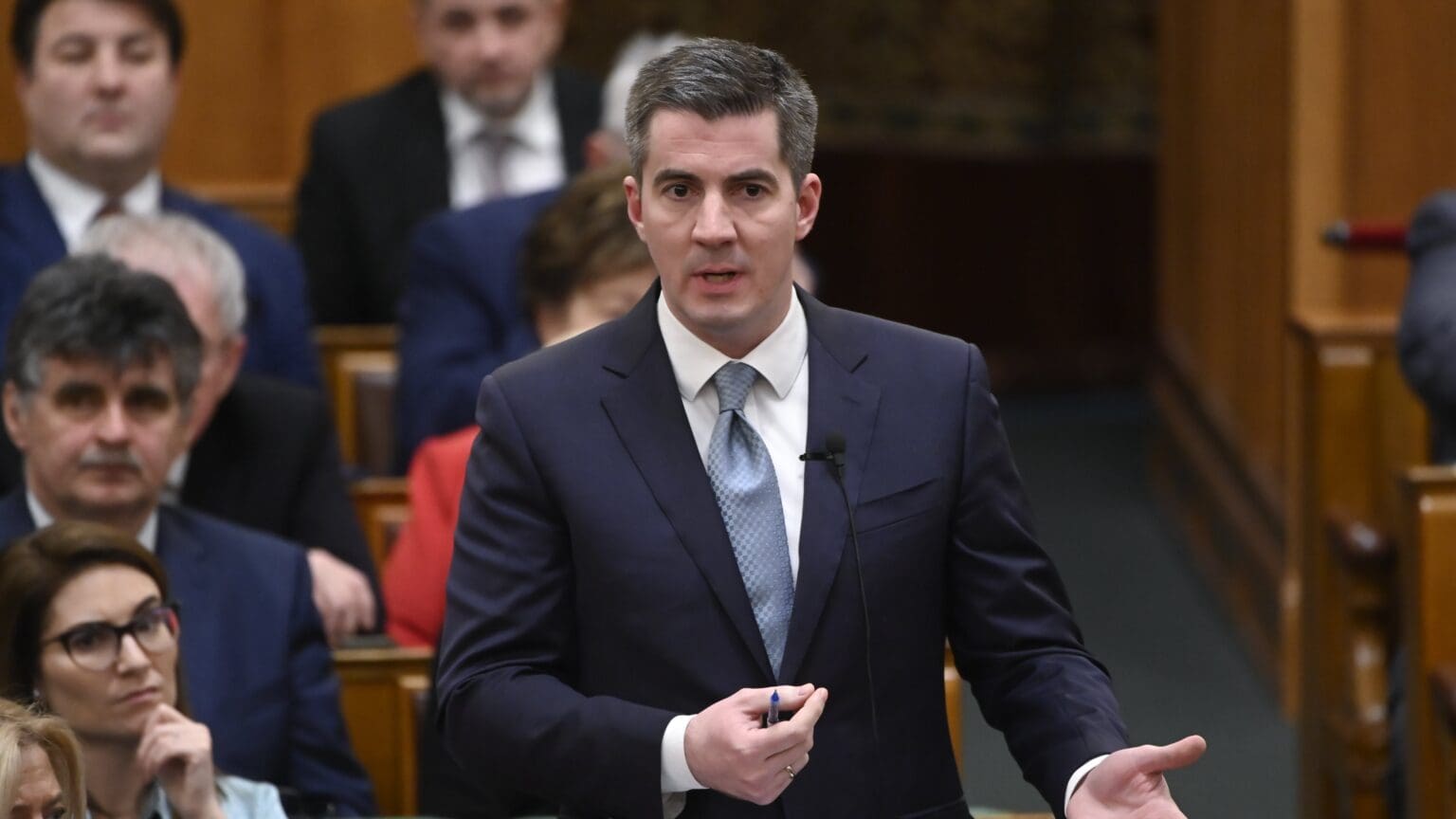
Criticising the draft resolution submitted by Fidesz and the Christian Democrats, DK deputy group leader Gergely Arató told an online press conference that his party’s proposal focused on the interests of the Hungarian people ‘and what a responsible government should do in the current situation’. Fidesz responded promptly.

Hungarian Conservative is a quarterly magazine on contemporary political, philosophical and cultural issues from a conservative perspective.